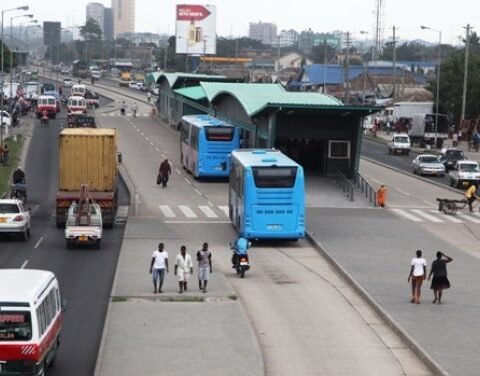A district court in central Tanzania has sentenced a 68-year-old farmer to 30 years in prison after convicting him of raping a ten-year-old girl, in a ruling that has stirred outrage and renewed calls for stronger child protection across the country.
The ruling was delivered by the Manyoni District Court in Singida Region, following evidence that the farmer, a resident of Chiwondo hamlet in Sukamahela village, committed the crime on August 22. He was arrested the same day and brought to court within a week, with his trial concluding on August 29.
According to testimony presented in court, the young girl was attacked near her home and later received medical treatment that confirmed injuries consistent with sexual assault. Prosecutors relied on the child’s statement and corroborating medical reports, which the judges described as “clear and compelling.”
The court emphasized that crimes of sexual violence against minors remain among the most serious under Tanzanian law, where the penalty for child rape carries a minimum of 30 years in prison. In handing down the sentence, the presiding magistrate noted that such punishment was necessary not only to deliver justice for the victim but also to send a strong message of deterrence.
This case comes amid a broader national conversation about child protection in Tanzania, where children remain vulnerable to sexual violence, early marriage, and exploitation. Human rights groups have long urged the government to strengthen education, community vigilance, and judicial processes to better protect minors.
Also Read; Algeria To Champion African Unity At Trade Fair
While the ruling has been welcomed as an example of accountability, challenges remain. Tanzania’s legal system still struggles with limited resources, especially in rural areas where victims often lack access to specialized support services. Many child victims of sexual violence face stigma, delayed justice, or pressure from families to settle cases outside of court.
Observers argue that cases like this highlight the urgent need for broader reforms in juvenile justice and child welfare systems. They also stress the importance of community awareness programs that encourage early reporting of abuse and reduce the culture of silence surrounding sexual violence.
For the victim’s family in Sukamahela village, the verdict brings some relief, though the emotional scars are expected to last far longer than the trial. Local leaders say the case should serve as a reminder of the collective responsibility to safeguard children and uphold the principle that no one is above the law.







